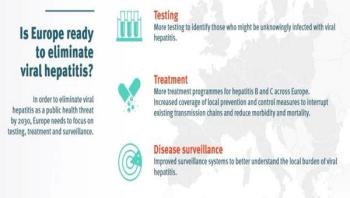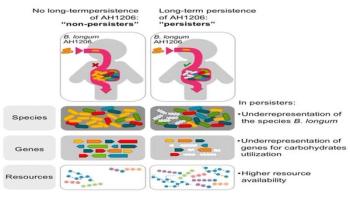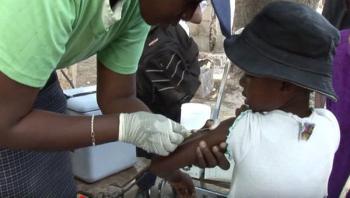
During the annual session of the WHO Regional Committee for Europe in September 2016, the member states adopted the European action plan for the health sector response to viral hepatitis. This is the first action plan for the region and aims at guiding countries to achieve the set goal of eliminating viral hepatitis as a public health threat by 2030.








